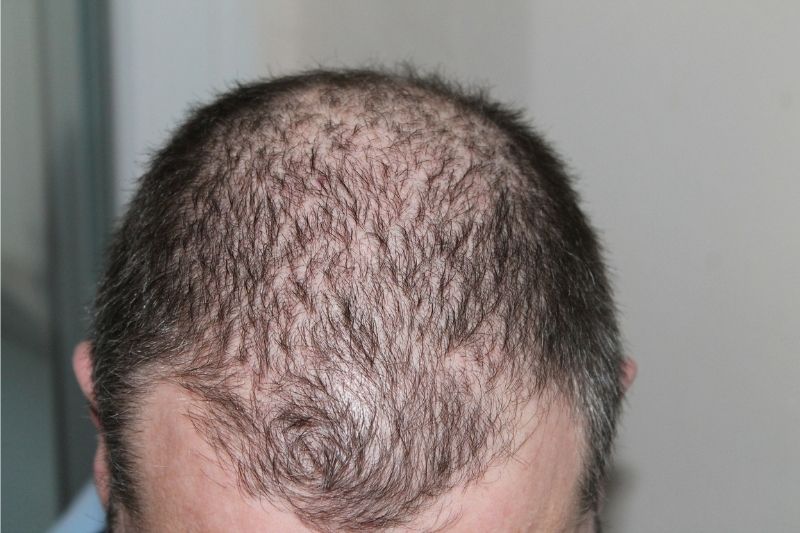Hair Loss: Can a Dermatologist Help You?

Do you have rashes, redness, or frequent itching on your skin? Do you have allergies or infections that aren’t recovering? Well, you need to visit a dermatology specialist, in that case. This is what most people will suggest you do. However, many of them are unaware that dermatology can also treat hair loss issues because hair loss in one or another is connected to your scalp, a part of your skin.
Talking of hair loss and its pitfalls, you can find many people thinking it is a genetic disorder. It is more of a skin disorder. But, whatever it is, losing hair is considered embarrassing for both men and women. If kept untreated, it can grow into a bigger issue tomorrow.
So, can a dermatologist make things better for you?
Hair Loss: Why Does It Occur?
A lot of hair loss cases indeed have a connection to genetics. People having a history of hair loss or balding in some of their forefathers can pass and trigger a similar condition among future generations.
Besides that, there are other reasons like stress, thyroid issues, liver diseases, and even in the menopause phase. Often, hair loss can be a disturbing agent caused by changes in hormones or during pregnancy.
And then you also have different medical conditions that link with losing hair. Also, the disorder might not always lead to baldness. Patients suffering from hair loss can have a loss in patches. In fact, it also can be a side effect of health ailments like depression, cardiac diseases, or high blood pressure.
Diagnosing Hair Loss: How Do Dermatologists Do It?
If you think you are gradually losing hair, never postpone visiting an experienced dermatologist. The faster you visit, the quicker the doctor can start assessing your case. They will diagnose precisely what is causing your baldness issue. So, when you visit a dermatology clinic, your doctor is likely to ask you several questions.
Of them, here are some of the common ones.
- How did you notice your problem?
- Since when have you been losing hair?
- Are you having any other health issues or taking any medications?
- Do you have a family history of having identical issues?
To get more clues for diagnosis, you might need to do a blood test or scalp biopsy. The dermatologist might also check your nails and examine your scalp before coming to a conclusion. These are essential to figuring out what specific pattern of the issue is troubling you.
What are the Possible Treatment Options?
Sometimes, people wonder whether a dermatologist can help patients reverse hair fall. They get to the root of the problem to suggest treatment options. However, you must understand that dermatology treatments have no magic that can keep your hair young forever. So, age-related hair fall issues or genetic ones are out of treatment options.
One of the most helpful ways to treat the problem is by addressing the cause. For instance, if you have alopecia areata, you might receive medications to treat it. So, if you have a thyroid or liver issue causing all these, you need to mend those first.
Besides that, there are some popular treatment options like laser therapy, plasma therapy, or even taking steroids. For serious root causes, surgical intervention might also be a treatment.
The Conclusion
Visiting a dermatology specialist is crucial because you need to understand where your problem is. Sometimes, to your great surprise, the best treatment might just be a change in your daily lifestyle. You might have a new diet to focus on. Or, maybe avoid some hairstyles or hair products that might worsen your condition.
In all of these cases, what’s common is the requirement of finding a reputed and experienced dermatologist. Look for practicing doctors around you or ask for references from friends or family members.











Leave a Reply